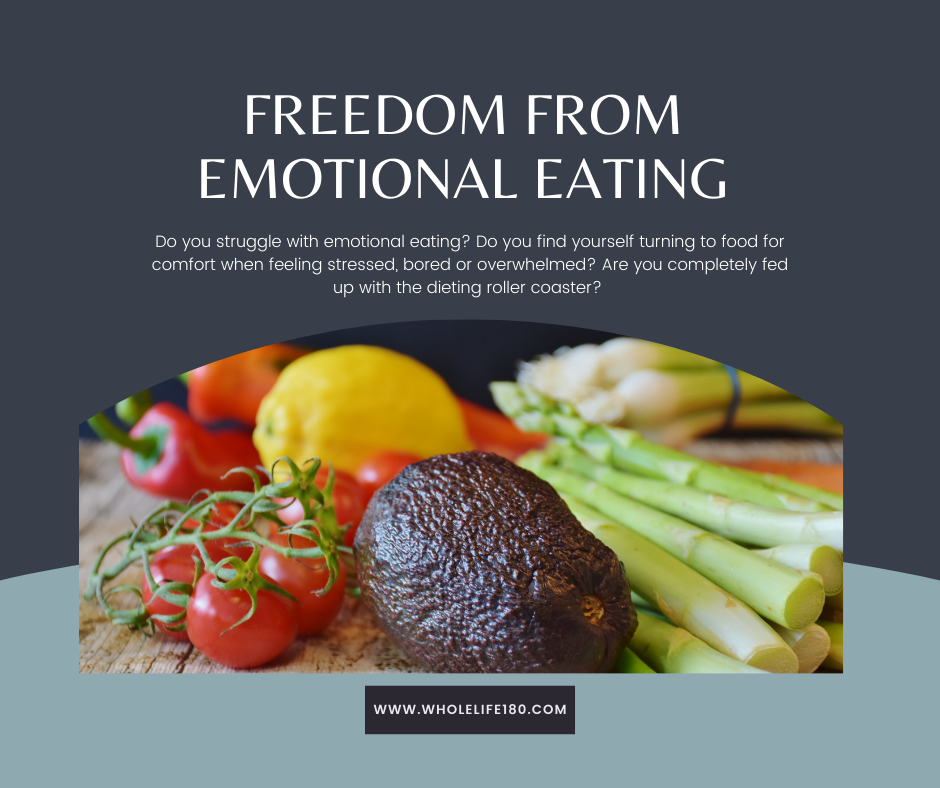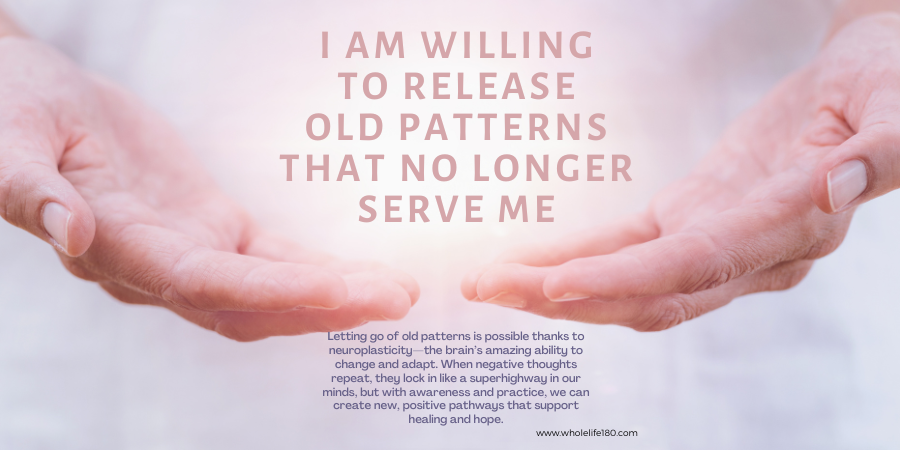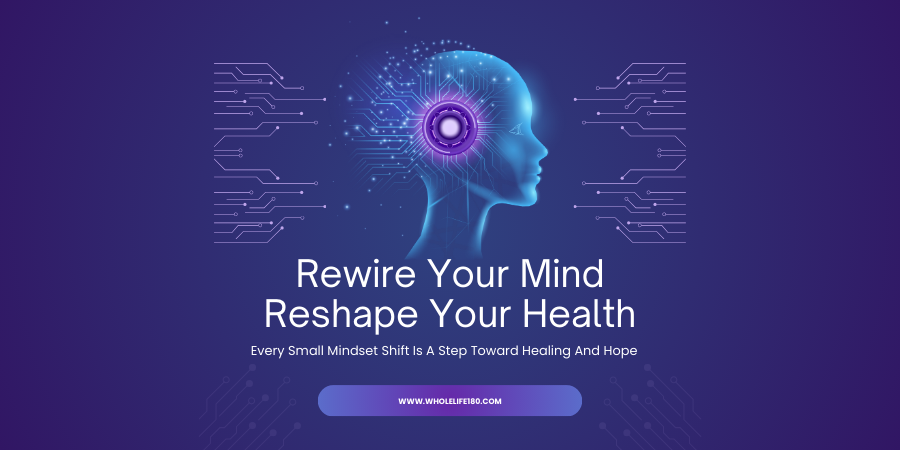Freedom From Emotional Eating
Freedom From Emotional Eating

Freedom From Emotional Eating
Do you struggle with Emotional Eating? Do you find yourself turning to food for comfort when feeling stressed, bored or overwhelmed? Are you completely fed up with the dieting roller coaster?
We don’t always eat to satisfy physical hunger. We often turn to food as an unconscious response to tough emotions. When going through treatment for my own health issues, as I was trying to navigate my Doctor prescribed dietary protocol, I quickly realized that my wanting to eat was not in response to actually feeling hungry, but I was using food as a way to self soothe from boredom, stress and sometimes just wanting to disassociate or disengage from the world.
Emotional eating can serve as a way to escape painful memories or emotions. Trauma can significantly impact our relationship with food and eating habits. There is a strong link between traumatic experiences and developing disordered eating patterns. People with PTSD, for example, often struggle with emotional regulation. Food can become a coping mechanism to self soothe and manage intense emotions that arise from traumatic memories or triggers.
The act of eating, especially foods that you consider to be your comfort foods, can provide temporary relief and distraction. This is especially common for people who were soothed or pacified with food as young children. Maybe your emotional needs weren’t met. Maybe your emotional needs were ignored or even vilified. Maybe your early childhood felt lonely, confusing or even dangerous. Self soothing with food might have started as a coping mechanism or survival skill however, turning to these coping mechanisms too often, results in a problematic eating pattern that becomes your default way of being.
To achieve lasting sustainable weight loss and improved health, it’s crucial to address both the physical and emotional aspects of eating. You might benefit from 1on1 support from a board certified health coach who can help you to understand your values, strengths and passions. A health coach will help you learn how to access these superpowers in order to identify and unlearn unhealthy coping mechanisms that might be underlying your emotional eating patterns. Working with a health coach can make it easier to explore alternative coping mechanisms that better serve you and help you achieve peace around food.
Overcoming emotional eating is a journey not a destination. Be patient and compassionate with yourself as you learn to identify and navigate emotions and develop healthier coping mechanisms. Reach out for support from health coaches or therapists specializing in emotional eating and food addiction.
By acknowledging your emotions and finding alternative ways to cope, you can break free from the cycle of food addiction and cultivate a healthier relationship with both food and your emotions. I can help support you on your journey. In your free consultation, I can explain more and answer all your questions. www.wholelife180.com or amyfein@wholelife180.com

